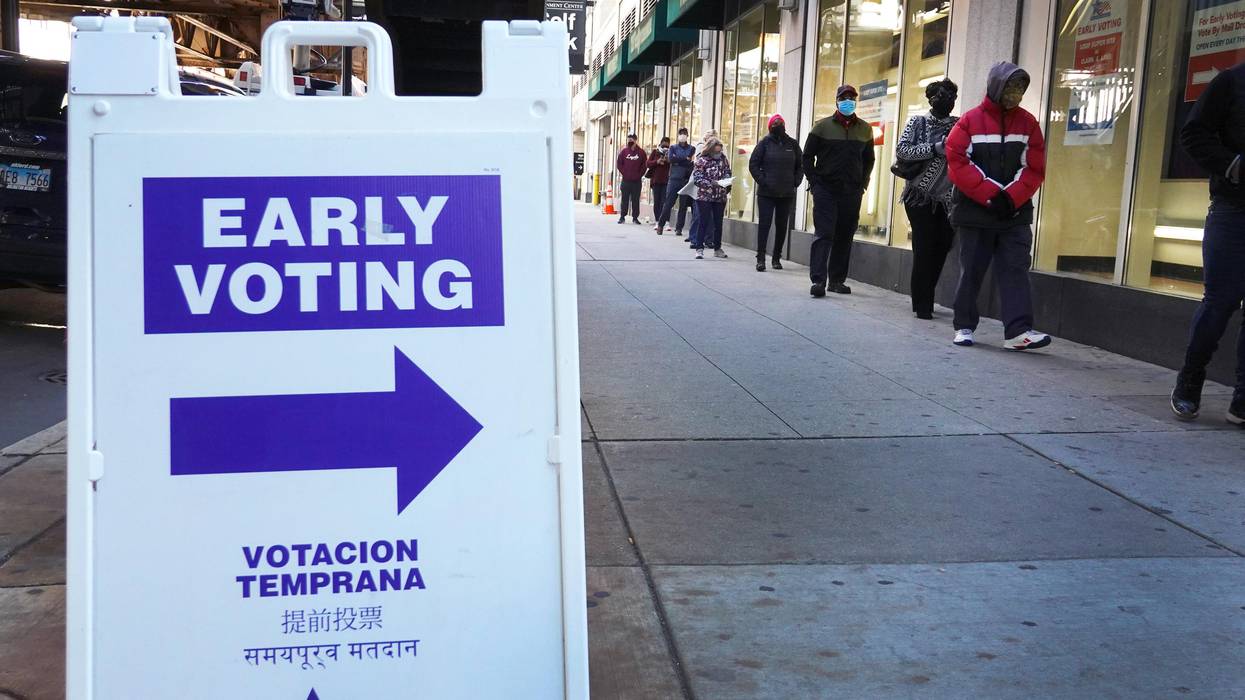'Full-Scale Authoritarian Takeover': Vance and Musk Take Aim at Federal Judges
"We must push back hard against these next leaps down the pathway to tyranny," said one Democratic in the House.
Facing a string of judicial rulings in recent days that have struck down or at least put on hold a variety of efforts by the Trump administration that appeared to overstep its executive authority, both Vice President JD Vance and billionaire oligarch Elon Musk on Sunday took aim at the power of judges by saying their powers—despite being the recognized co-equal and third branch of the U.S. government—should be curbed or disregarded.
"If a judge tried to tell a general how to conduct a military operation, that would be illegal," Vance tweeted Sunday morning, in a legally dubious post. Despite the claim, military generals are not free—either from laws of war, international human rights treaties, or chains of command—to do anything they please.
"If a judge tried to command the attorney general in how to use her discretion as a prosecutor, that's also illegal," Vance continued. "Judges aren't allowed to control the executive's legitimate power."
Shortly before Vance's tweet, Musk, the world's richest person and who has been tasked by Trump to run the Department of Government Efficiency (DOGE) effort to dismantle key government agencies and programs, floated the idea that life-time appointed judges should, based on a set annual quota, be subject to termination by the political party in power. Currently, both chambers of Congress and the White House are controlled by Republicans.
"I'd like to propose that the worst 1% of appointed judges, as determined by elected bodies, be fired every year," Musk said on Sunday morning. "This will weed out the most corrupt and least competent."
Over the last week, federal judges have intervened to block DOGE efforts to have unfettered access to a key Treasury Department payment system and also blocked the so-called "Fork in the Road" offer to federal workers put forth by the unsanctioned Musk-led team at DOGE.
After a U.S. District Judge Paul Engelmayer responded to a suit brought by 18 state attorneys general on Friday by blocking DOGE access to the Treasury system, Musk retweeted a message suggesting that the best thing to do might be to ignore the order.
Musk also called for Engelmayer's specific ouster. "A corrupt judge protecting corruption," Musk tweeted. "He needs to be impeached NOW!"
Outside critics, Democratic lawmakers, and legal experts responded with grave concern to the comments about judges by both Vance and Musk, arguably President Donald Trump's closest advisors.
After initial litigation losses for their illegal actions, Trump Admin now begins intimidating/attacking judiciary. Vance—ignore court orders. Musk—impeach “corrupt” judges. We must pushback hard against these next leaps down the pathway to tyranny.
[image or embed]
— Rep. Lloyd Doggett (@doggett.house.gov) February 9, 2025 at 3:19 PM
In an email to CNBC on Sunday, Duke Law School professor Marin K. Levy explained that the state attorneys general and the judge in the Treasury case "were all acting well within their authority. What we saw here was the judicial system working as it is supposed to."
Mondaire Jones, a former congressman from New York and now a commissioner on the U.S. Commission for Civil Rights, characterized Vance's comments as being part of the Trump-led "fascist movement in American politics."
In a Sunday morning appearance on "Face the Nation," Rep. Ilhan Omar (D-Minn.) said what the nation is witnessing with Trump allowing people like Musk to run roughshod over federal agencies—and now attacking the judiciary—is nothing short of a "constitutional crisis" and "full-scale authoritarian takeover."
"We are seeing an executive branch," said Omar, "that has decided they are no longer going to abide by the Constitution in honoring Congress' role in the creation of the agencies, in their role deciding where money is allocated. And so the only recourse we have—since our congressional leadership, the Speaker [of the House Mike Johnson], will not stop the executive—is through the judiciary."
We're witnessing a constitutional crisis and a full-scale authoritarian takeover.
The executive branch has decided they’re no longer going to abide by the Constitution.
However, our judiciary system is fighting back. One-by-one, we will stop this illegal government takeover. pic.twitter.com/MMFgrLlXVV
— Rep. Ilhan Omar (@Ilhan) February 9, 2025
"When you think about the checks and balances we have," Omar continued, "the courts are the only recourse we have at the moment. And when we talk about the illegality of what the executive branch is doing, we have seen every single executive order that has been challenged in the court we found to be illegal."
Omar said that fact, hopefully, will offer some solace to the "American people that our courts are working as they should. The checks and balances are working, but what is not working is the way the executive is behaving and the congressional leadership that is failing the American people."



